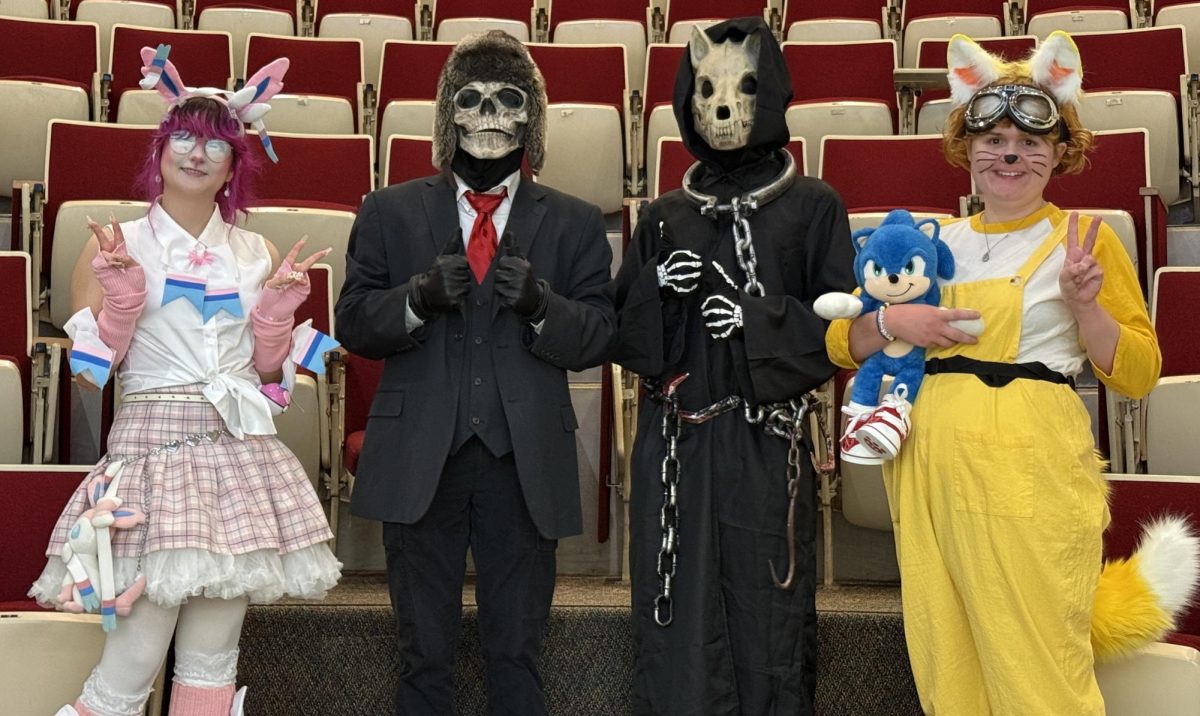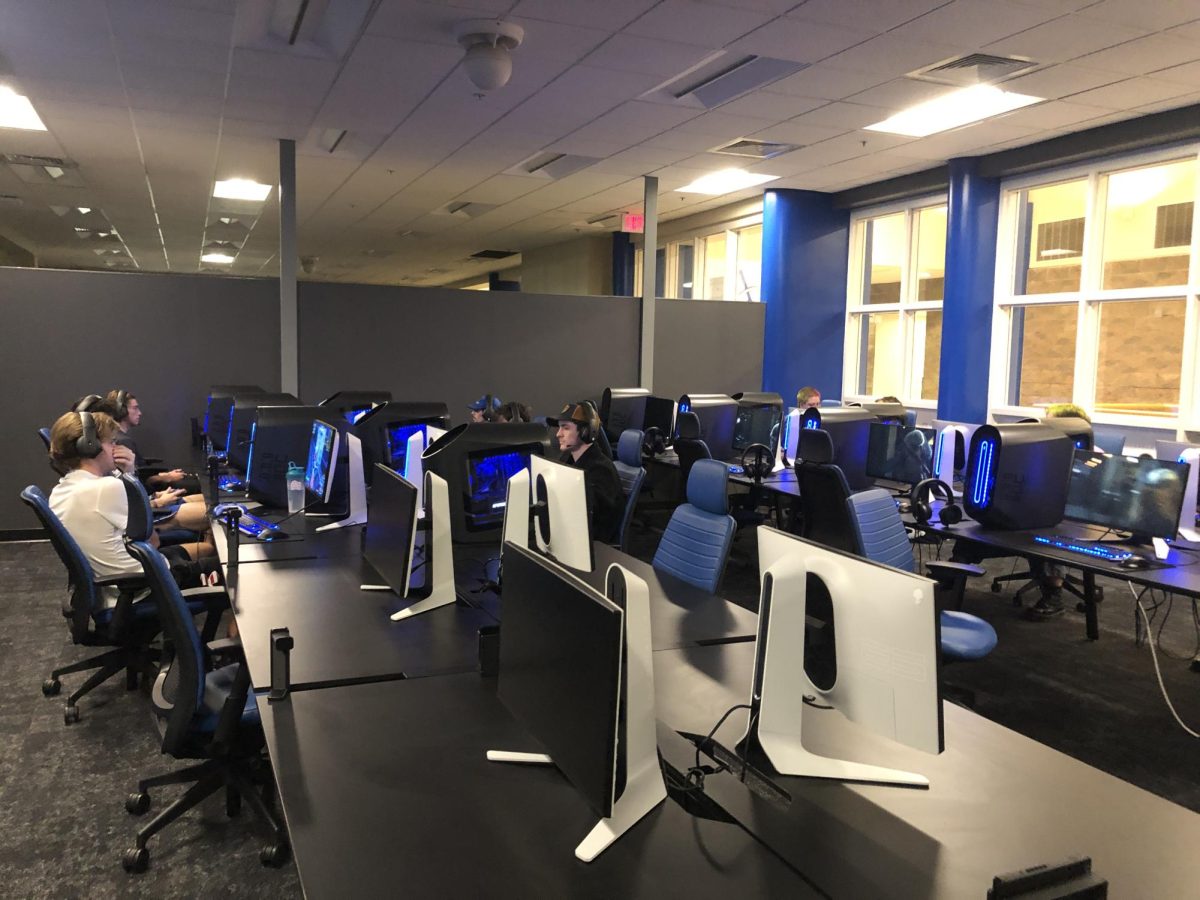As the assistant director of campus recreation, esports and sports, Nicholas Braylan has recently been devoting his time to improving the Esports Center on campus in preparation for the upcoming Big South conference this Spring.
“We want kids who are dedicated enough to play, compete and help build community teams before eventually graduating,” Nicholas said. “Passion, drive and commitment are all important if you want to succeed.”
Having begun his career in esports in Argentina with his coaching academy startup True Neutral, Nicholas has plenty of experience in job scouting, freelance work and evaluations, all things he has used to his advantage in order to provide the best for the students of UNC Asheville.
“Coaching in the United States is expensive, since finding someone with a strong understanding of the game as well as maturity and responsibility is difficult,” Nicholas said. “That’s why I’m so glad to have my resources in South America.”
These include ex-Overwatch pro Sebastian Moreno, who qualified for the Overwatch World Cup in 2019 but was unable to attend due to host company Blizzard refusing to foot the travel cost for any country not in the top ten. This included 12 more countries that were forced to drop out due to lack of funding.
“Many schools across the world have less than we have, and yet their level of discipline and commitment is greater than many schools in America. I don’t want to squander the resources we’re privileged enough to have,” Nicholas said.
When asked, Nicholas was more than happy to talk about what he hopes for the future of esports at UNCA.
“The pro scene is getting tons of kids into games. Whether we want it or not, the esports scene is going to become huge,” Nicholas said. “If you’re good at one of the mainline games, your chances of getting into a good college out of high school are much higher.”
As an example, Rocket League lowered the minimum age of competition from 15 to 13. Where before the top 8 in America would make the prize pool, now the top 128 can make money in a tournament.
“Back in the day there was a huge grassroots demand for esports players, and it’s only nowadays that we’re seeing the level of support and investment we needed back then. Instead of bringing in their own computers, students have access to premium computers in the Esports Center,” Nicholas said.
With over 160 million dollars in esports scholarships offered in the United States this last year, esports is set to rise higher in the world of organized sports as the next generation of esports stars begin to enter higher education.
“As colleges, we need to be prepared for the huge pipeline of potential players coming in from middle schools and high schools. It’s going to be spicy,” Nicholas said.




















